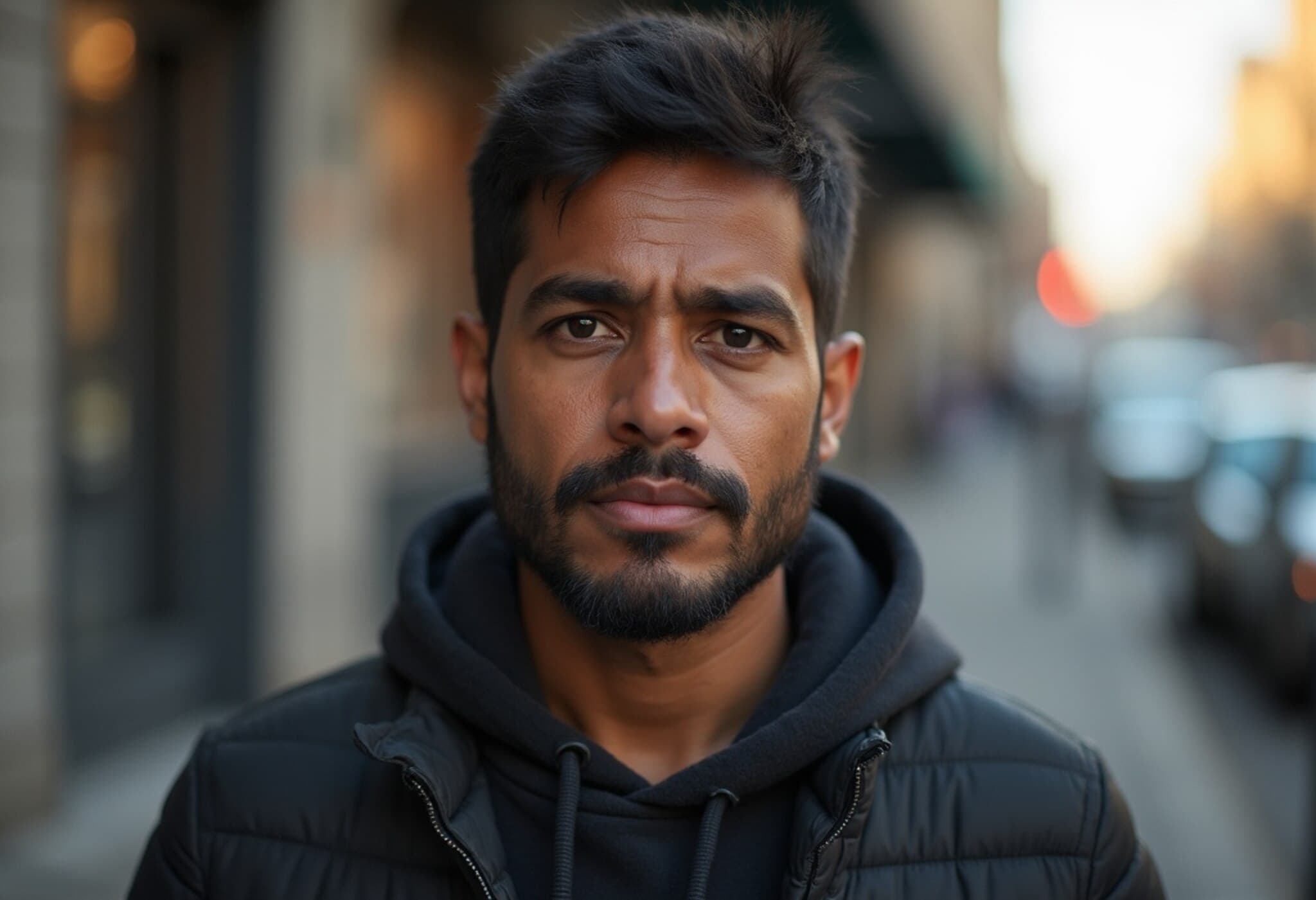Salvadoran Migrant Kilmar Abrego Garcia Detained Amid Controversial Deportation Plans
In a dramatic turn of events, Kilmar Abrego Garcia, a Salvadoran man intricately tied to debates over immigration enforcement policies during former President Donald Trump’s administration, has been detained once more by U.S. Immigration and Customs Enforcement (ICE). This time, unexpected plans have surfaced to deport him—not to El Salvador or Central America—but to Uganda, a country thousands of miles away in East Africa.
Background: From a Mistaken Deportation to Renewed Custody
Garcia, who has lived in the United States under protected legal status since 2019, was erroneously deported to El Salvador in March, an event that ignited widespread criticism over the Trump-era immigration crackdown's accuracy and regard for due process. The Department of Justice later admitted this deportation was a result of an “administrative error” and arranged for his return to the U.S.
Once back, Garcia found himself embroiled in serious legal challenges. Arrested in Tennessee on human smuggling charges he vehemently denies, he was released last week under monitored home detention while awaiting trial. His case has become emblematic of the heightened tensions between strict immigration enforcement and civil rights advocacy.
A Closer Look at the Latest Detention and Deportation Twist
According to Homeland Security Secretary Kristi Noem, Garcia was taken into ICE custody after reporting for a routine appointment in Baltimore, as mandated under his release terms. His attorney, Simon Sandoval-Moshenberg, has pushed back against ICE’s rationale, describing the appointment as a falsely presented "interview" meant to justify his detention.
"He was already under electronic monitoring and house arrest," said Sandoval-Moshenberg. "There was no legitimate need for ICE to detain him—this move appears punitive rather than procedural."
The deportation plan to Uganda has startled experts and observers alike. Uganda, a nation without apparent connections to Garcia’s case, raises questions about the legal basis and potential errors or motives underlying ICE’s decision.
Legal and Human Rights Implications
Garcia’s case highlights critical issues in U.S. immigration policy:
- Due Process Challenges: His wrongful deportation and subsequent re-detainment suggest systemic lapses in procedural fairness.
- Judicial Protections Ignored: A judge had ruled Garcia’s deportation to El Salvador would endanger his life, yet the system failed to prevent that outcome.
- Questions Over Deportation Destinations: Sending an individual to an unrelated country like Uganda raises serious legal and ethical concerns.
His refusal to accept a plea deal—which entailed remaining in custody, pleading guilty to human smuggling, and agreeing to deportation to Costa Rica—shows his determination to contest the charges and the government's approach.
Expert Commentary: A System Under Strain
Immigration law scholars note that cases like Garcia’s unravel the narrative of an efficient, lawful immigration system. "When deportations proceed without accurate documentation, and detainees face confusing or seemingly arbitrary outcomes, it signals urgent need for reform," says Dr. Elena Martinez, an immigration policy analyst based in Washington, D.C.
Furthermore, human rights advocates argue that aggressive immigration enforcement, when combined with administrative blunders, can lead to devastating consequences for individuals and families.
Broader Context: Trump-Era Policies and Ongoing Debates
Garcia’s story is a stark reflection of the broader immigration policy landscape shaped by Trump’s administration—one defined by swift deportations, sometimes at the expense of legal safeguards and humanitarian considerations. Supporters praise these measures for prioritizing border security and law enforcement, while critics decry them as heavy-handed, chaotic, and sometimes unlawful.
As the U.S. continues grappling with immigration reform, Garcia's situation underscores the profound human impact of policy—and the importance of transparent, fair processes.
Looking Ahead: Questions Raised and Issues To Watch
- Will ICE provide a clear legal justification for deporting Garcia to Uganda?
- Could this case set precedent or trigger policy reviews on deportation destinations?
- How will the courts handle Garcia’s human smuggling charges amidst the contentious backdrop?
Editor’s Note
Kilmar Abrego Garcia’s experience illustrates the complex intersection of immigration enforcement, human rights, and legal protections in America today. Beyond headline-making arrests and arrests, his story invites reflection on the systemic challenges and real human stakes involved in immigration policy. It serves as a critical reminder for policymakers and the public alike: justice and fairness must remain at the core of immigration procedures—lest administrative errors spiral into life-altering consequences.













